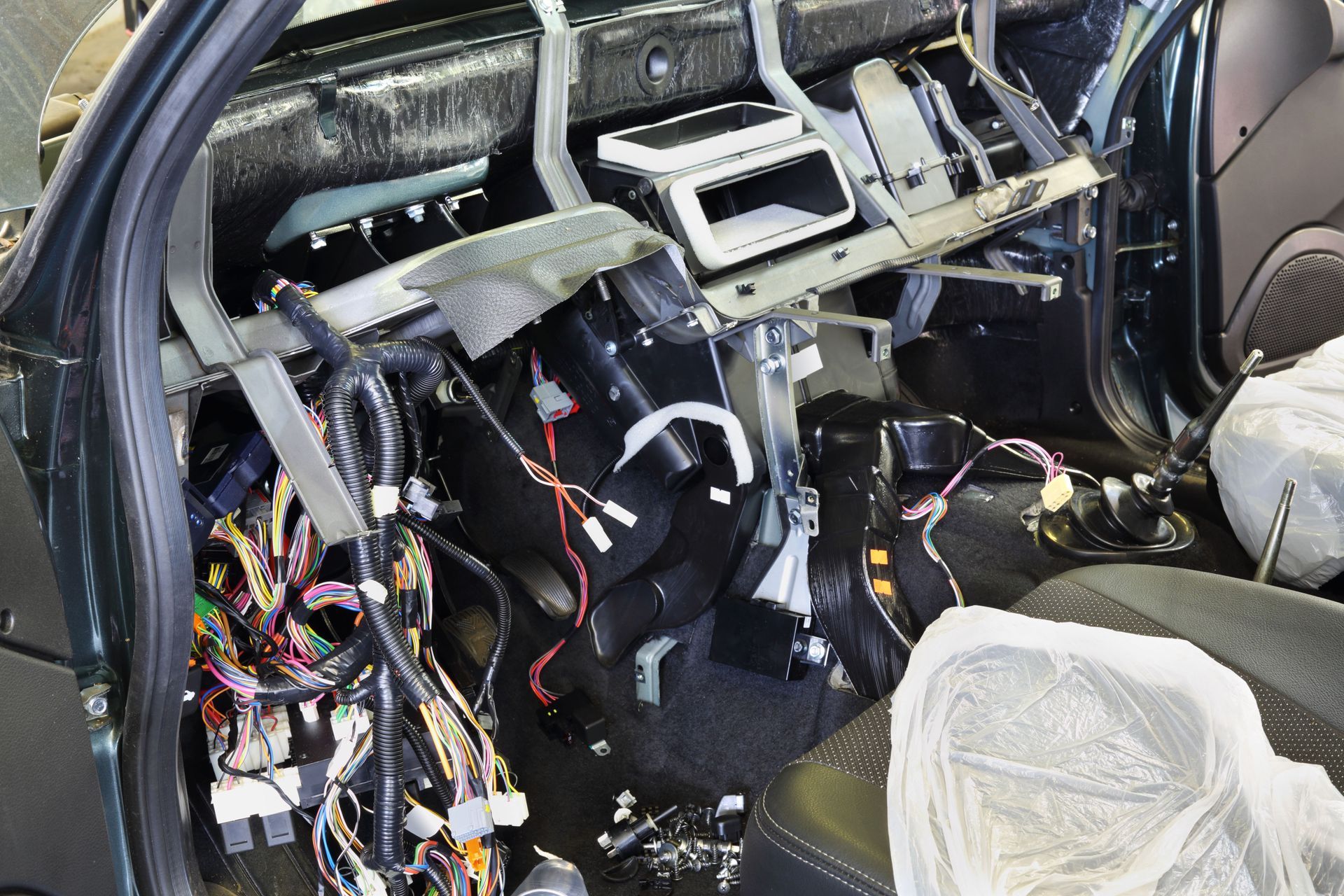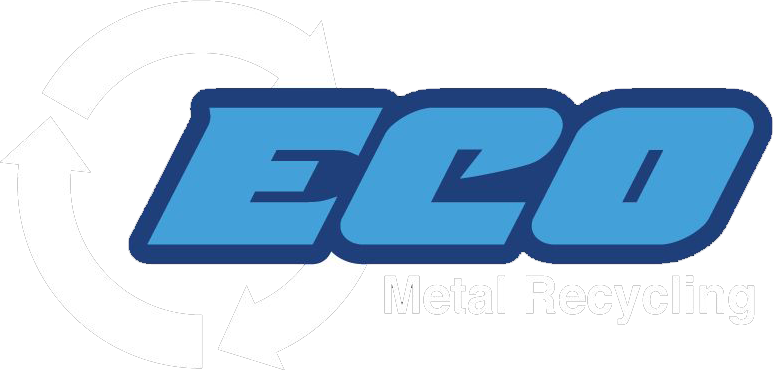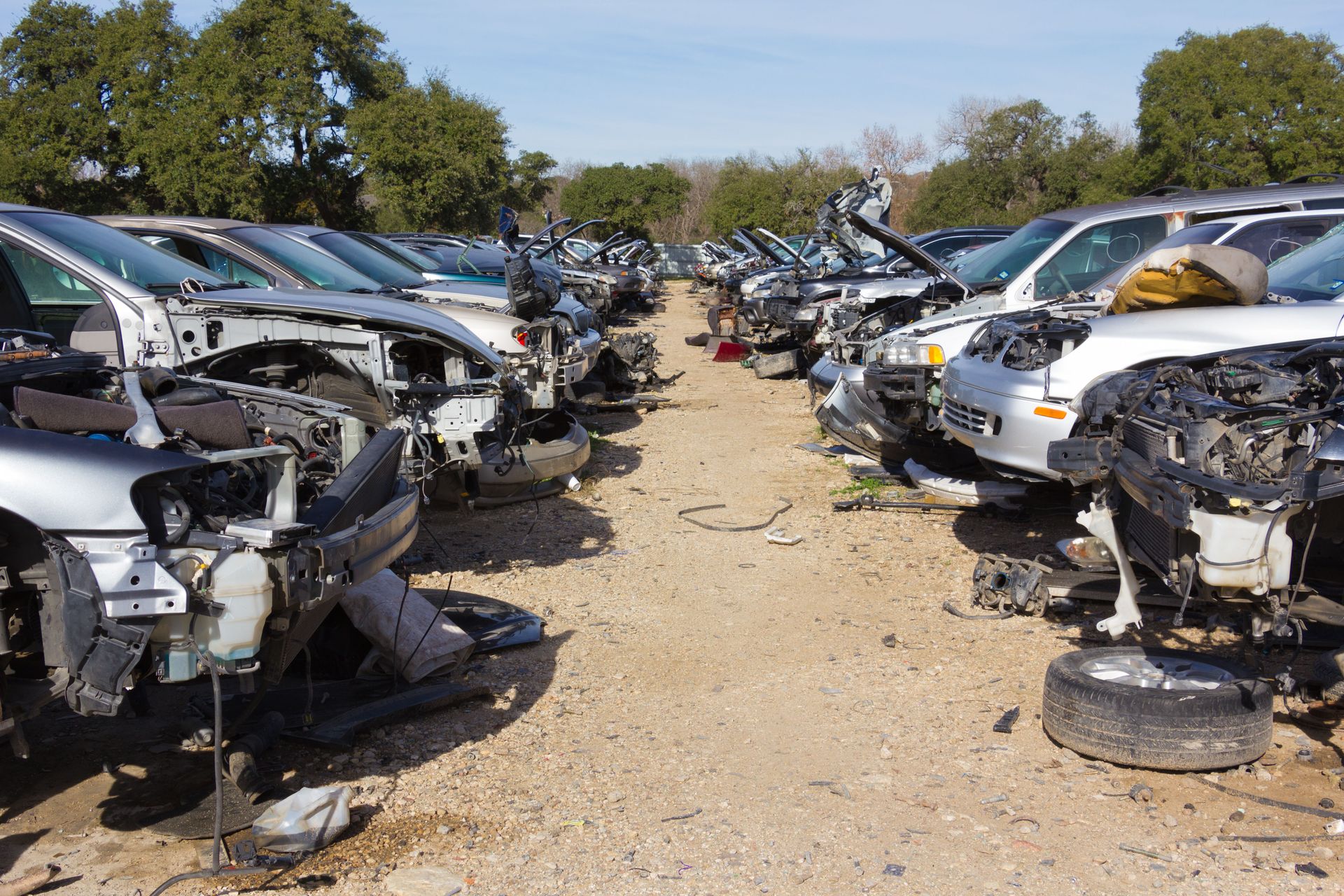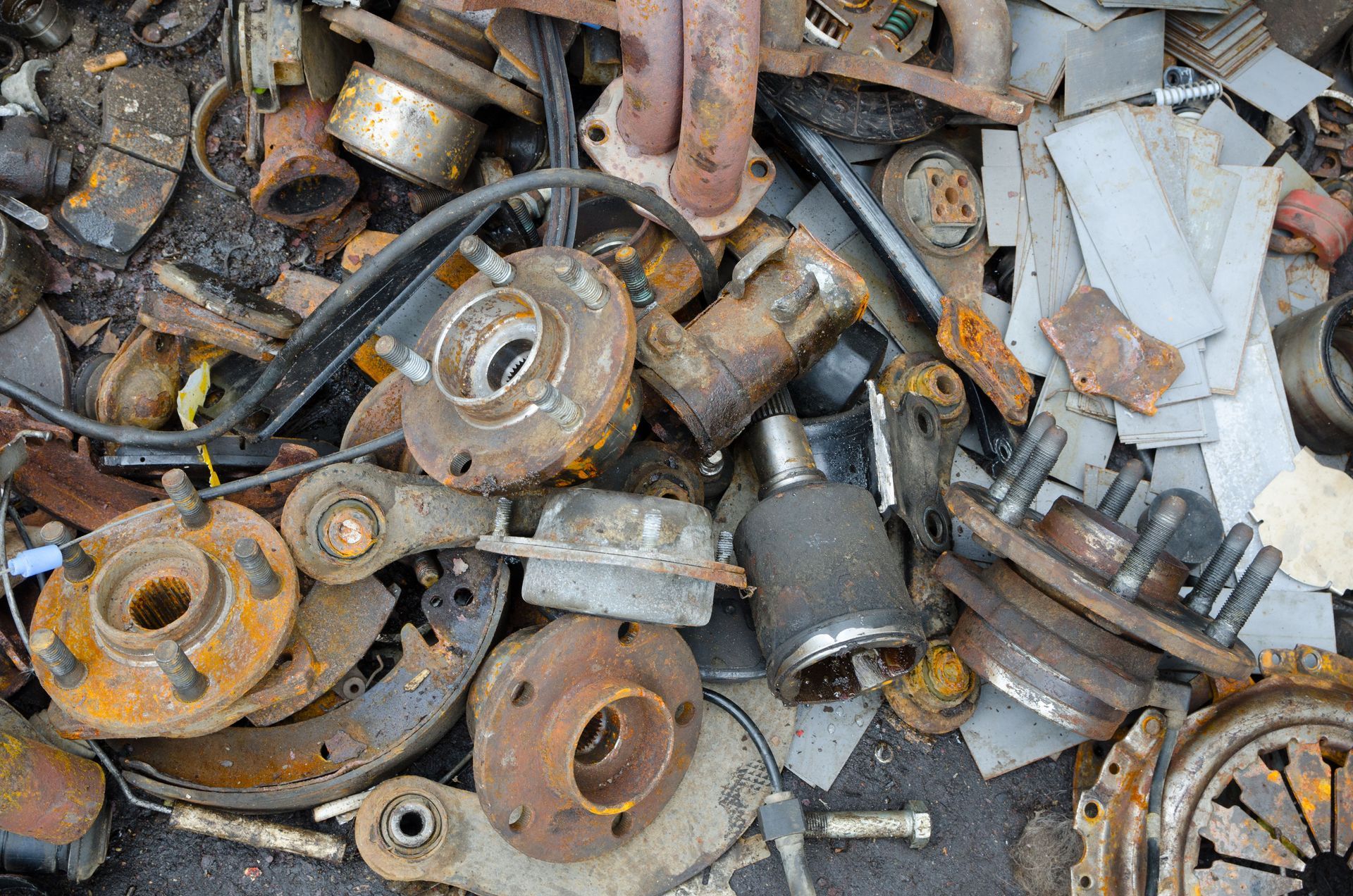What Auto Buyers Need to Know About Recycled Vehicle Parts
In an era where environmental consciousness is more important than ever, auto buyers are increasingly exploring sustainable options. Recycled vehicle parts have emerged as a notable choice due to their environmental and economic benefits. By opting for recycled parts, auto buyers not only contribute to a reduction in waste but also save money in the process. This article delves into vital aspects that auto buyers should consider when choosing recycled vehicle parts, ensuring informed and responsible decisions. Understanding these factors can help buyers make smarter choices that benefit both their wallets and the environment. Additionally, being aware of quality standards and sourcing practices can further enhance the reliability and longevity of recycled components.
Assess the Reliability of Recycled Vehicle Parts
Many auto buyers often wonder if recycled vehicle parts can offer the same level of reliability as brand-new ones. It's essential to understand that these parts are recovered from vehicles that are no longer in use, yet they undergo rigorous testing and refurbishing processes. In numerous cases, these parts can perform just as well as new ones, providing a cost-effective solution without compromising on reliability. Buyers can feel confident knowing that properly tested recycled parts meet high standards of performance.
Recycled parts, especially those sourced from reputable suppliers, are tested for quality and functionality. Auto buyers can rely on certified recycled parts that meet industry standards, ensuring that they receive components that are not only functional but also durable. The key lies in choosing parts from reliable sources and verifying their certification, which further enhances their trustworthiness. Taking the time to verify certifications can prevent potential issues and guarantee long-term satisfaction.
Moreover, auto buyers should be aware that, according to the Automotive Recyclers Association, the industry effectively collects and reuses or recycles approximately 96% of all lead-acid batteries each year. This high recycling rate underlines the standardization and quality assurance practiced within the industry, bolstering confidence in the reliability of recycled parts. Awareness of these industry standards can help buyers trust the safety and effectiveness of their recycled purchases.
Identify High-Quality Recycled Parts
For auto buyers, identifying high-quality recycled vehicle parts is crucial to their purchase decision. One effective approach is to ensure that parts are sourced from accredited recyclers who adhere to industry norms and standards. Selecting parts from recognized sources reduces the risk of defective components and enhances vehicle safety.
Additionally, auto buyers can benefit from understanding the testing and certification process that quality recycled parts undergo. High-quality recycled parts usually come with warranties or guarantees, offering peace of mind regarding their performance and longevity. Auto buyers should never hesitate to ask suppliers about these assurances to ensure they're making informed choices. Being proactive in asking questions ensures buyers receive reliable parts backed by accountability.
Furthermore, recommendations and reviews from other customers can serve as a valuable resource. Auto buyers should consider checking online reviews and seeking referrals from trusted sources to identify reliable parts providers. A history of satisfied customers is often a strong indicator of a supplier's commitment to quality and customer service. Leveraging these insights can help buyers avoid untrustworthy sellers and find consistent quality.
Evaluate Cost Savings From Recycled Parts
One of the primary advantages of choosing recycled vehicle parts is the potential for significant cost savings. Recycled parts are typically priced lower than their brand-new counterparts, providing an economical alternative for budget-conscious auto buyers. This price difference can be particularly beneficial for expensive components like engines and transmissions. These savings allow buyers to allocate funds to other essential maintenance or upgrades.
Auto buyers should compare prices between recycled and new parts, considering the total cost of ownership. Often, the cost savings extend beyond the initial purchase price, as recycled parts can come with reduced installation fees due to their compatibility and readiness for use. Auto buyers need to weigh these factors against the slight risk of decreased longevity in some cases. Evaluating the full cost-benefit scenario ensures buyers make a financially sound decision.
Additionally, choosing recycled parts supports the industry's sustainability efforts. By purchasing recycled rather than new, auto buyers contribute to the circular economy and promote recycling practices. The success in recycling lead-acid batteries is a testament to the economic and environmental benefits that recycled components provide both to consumers and the planet. Supporting these practices helps foster a more environmentally responsible automotive industry overall.
Ensure Compatibility Across Vehicle Types
Compatibility is a key concern for auto buyers considering recycled vehicle parts. While it might seem that recycled components may not fit every make and model perfectly, many parts are remarkably versatile. Compatibility varies depending on factors such as the part type and vehicle model; however, auto recyclers stock an extensive inventory to cater to diverse vehicle needs. Understanding which parts are compatible prevents unnecessary returns and installation challenges.
Auto buyers should conduct thorough research to check which parts are suitable for their specific vehicle model. Consulting vehicle manuals and speaking with professionals in auto repair shops can provide valuable insight into the compatibility of recycled parts. With the right information, auto buyers can broaden their choices and enhance their vehicle's performance with recycled options. Taking these steps ensures that buyers choose parts that fit correctly and function as intended.
Auto buyers need to consider that some parts are interchangeable across various models, offering even greater flexibility. By engaging with experienced recyclers and mechanics, auto buyers can receive expert guidance to ensure that recycled components are suited to their vehicle's requirements. Expert advice can prevent mistakes and optimize the benefits of recycled parts for long-term use.
Locate Reputable Recycled Parts Providers
Finding reputable suppliers of recycled vehicle parts is crucial for auto buyers who want to ensure quality and reliability. It is wise to start with a list of well-regarded auto recyclers who are members of professional organizations and those with solid reputations in the industry. Working with trusted suppliers reduces the chances of receiving defective or incompatible parts.
Auto buyers should visit local salvage yards and specialized auto part retailers that are known for providing quality components. Online platforms dedicated to the sale of recycled vehicle parts can also be a valuable resource. These platforms often allow auto buyers to verify supplier reviews and ratings, ensuring transparency and trustworthiness. Using multiple sources to verify a provider's reputation increases confidence in the purchase.
Networking with other auto enthusiasts, mechanics, and professionals in the automotive industry can also help auto buyers find reputable providers. Word-of-mouth referrals and recommendations from trusted sources can lead to suppliers who consistently offer high-quality recycled parts and excellent customer service, thus enhancing the overall purchasing experience. Building a reliable network ensures access to dependable parts and helpful guidance for future purchases.
Recycled vehicle parts represent a viable and cost-effective alternative for auto buyers who value both economic savings and environmental responsibility. By understanding the reliability, quality assurance processes, and compatibility of recycled parts, auto buyers can make informed decisions that align with their priorities. As the industry continues to innovate and expand recycling capabilities, recycled vehicle parts will undoubtedly play a crucial role in sustainable automotive practices, thereby supporting a more sustainable future. Embracing recycled parts allows buyers to combine smart financial choices with meaningful environmental impact. Reach out to Acres Auto Recycling today to learn more about our used and recycled auto parts for sale!





Share On: